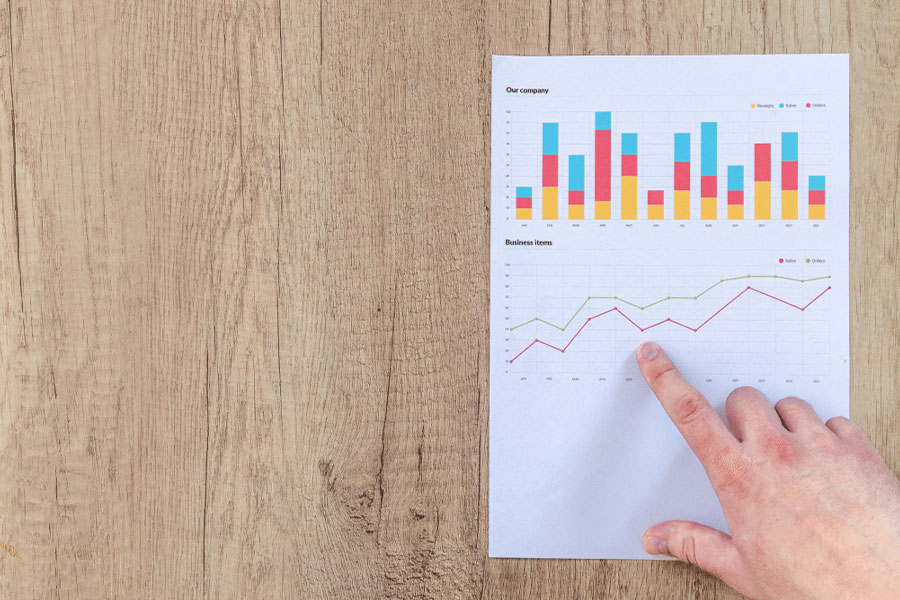
When numbers are not your forte, reading financial statements can be overwhelming. However, it’s important not to shy away from this critical part of owning and running a business. Bad accounting is one of the top reasons for business failure especially with small businesses. It is essential to have proper comprehension of your business numbers to guide smart decision making.
Here are 3 numbers you need to pay attention to in your business.
1. Revenue – is this being reviewed regularly against budget?
Revenue or generating sales is a pivotal component to every business. However it’s not enough just to make revenue, it’s important to keep a sharp eye on how it’s trending and how it stacks up against budget. Good business decisions are made by analysing trends and forming insights.
Successful businesses take the time to review how revenue is tracking against budget and if revenue is lower than anticipated – it’s a warning sign that action must be taken before it becomes a major issue. Similarly if revenue is higher than budget, it’s also important to understand why as there could be an opportunity to capitalise on further growth in a new market or with a new customer base.
2. Profit – You can make all the revenue you want, but profit is what you get to keep
Profit, very basically is all revenue minus expenses. It’s important to track your profitability regularly so you know how your business is tracking.
Profit is the fundamental goal of every business and is a basic indicator of the health of a business. If the business is making a loss or only low levels of profits, then a new approach might be necessary. The business may need to reign in expenses or find new ways of bringing in revenue.
3. Cash – Don’t mistake profit for cash
Cash is the money that is flowing in and out of the business. Inflows include customers paying invoices to the business and outflows include the business paying suppliers and expenses.
Do not make the mistake of confusing cash with profit. Profit is recognised as soon as a business makes a sale and sends off the invoice to the customer. However, that invoice may be due in 30 days, which means the business will not receive the cash until the following month.
Cash flow is an important metric to keep track of as it’s what keeps you operational. While it may be beneficial to budget your revenue and expenses, cash flow planning is where the “money” is. With a well prepared cash flow budget, you will be able to foresee periods where making payments to your suppliers will be difficult and address these well in advance. This is especially important for seasonal businesses.
We hope you enjoyed this article. If you have any further questions about how to improve revenue, profit and cash flow for your business, the Trendsight team are eager to help. Book a free call to learn more.





